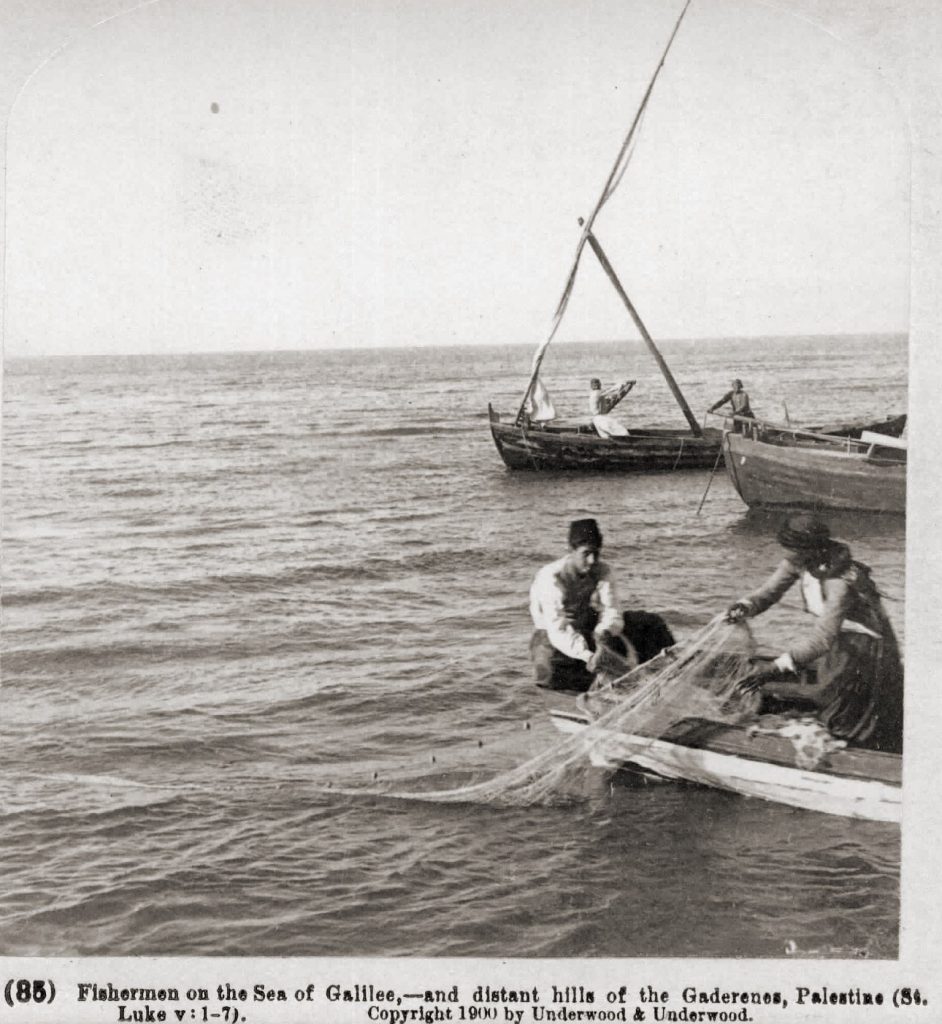Running on Faith Weekday Devotions:
“True obedience acts immediately.” ~the late Dr. Stanley Toussaint, DTS Sr. Prof of Bible Exposition.
How do you respond to God & those He places in your path?
Mark 1:16–20: “As He (Jesus) was going along by the Sea of Galilee, He saw Simon and Andrew, the brother of Simon, casting a net in the sea; for they were fishermen.


And Jesus said to them, “Follow Me, and I will make you become fishers of men.” Immediately they left their nets and followed Him.
Going on a little farther, He saw James the son of Zebedee, and John his brother, who were also in the boat mending the nets.

Immediately He called them; and they left their father Zebedee in the boat with the hired servants, and went away to follow Him.”
Count the number of times Mark uses “immediately“. Should we avoid sharpening the pencil to diligently plan? No!
Rather, when the Holy Spirit prompts you to GO!, ignite your booster rockets & GO like a horse heading to the barn!!

Ponderings
How do we determine when the Holy Spirit, sent by Jesus from the Father, is prompting us for immediate action?
How we recognize these promptings?
Do promptings from God ever contradict the teachings of the Bible, or God’s character as revealed in the Bible?
When have you been called to act immediately?
When have you been called to begin pondering, yet delaying action until further promptings?
When have you ignored, dismissed, or failed to immediately recognized God’s promptings?
How does prayer, praise, and studying God’s word affect our response?
Additional Background:
In the Bible, the lake bears several names: Sea of Galilee (Mark 1:16), Sea of Tiberias (John 6:1), Sea of Chinnereth (Deut. 3:17), Lake Gennesaret (Luke 5:1), or simply “the lake” (Luke 5:2).
Thomas V. Brisco, Holman Bible Atlas, Holman Reference (Nashville, TN: Broadman & Holman Publishers, 1998), 21.
Immediately – εὐθέως eutheōs at once (80x)
Left – ἀφιέναι, “to send off,” is richly attested in Gk. from an early period, and is used in every nuance, both lit. and figur., from “to hurl” (e.g., missiles) to “to release,” “to let go,” or “to let be.”
Bultmann, R. (1964–). ἀφίημι, ἄφεσις, παρίημι, πάρεσις. G. Kittel, G. W. Bromiley, & G. Friedrich (Eds.), Theological dictionary of the New Testament (electronic ed., Vol. 1, p. 509). Grand Rapids, MI: Eerdmans.
